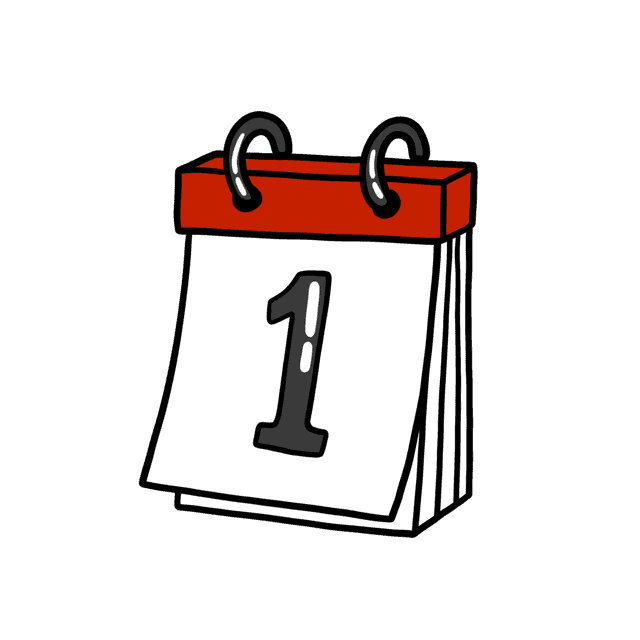German Days of the Week
Learn the words for the German days of the week effortlessly, with our free vocabulary lists & examples.

Learning the days of the week in German is easy. Unlike with other German vocabulary lists, this list here is pretty short and there won't be any new days added to the week anytime soon.
When you're done, you might want to check out our list on the months of the year in German, or if you're into something slightly more difficult, check out the numbers and then right after have a look at our post on how to tell the time in German.
German Days of the Week
If you already speak English, learning the days of the week in German is a breeze. While there are not too many German-English cognates in this list, there are enough similarities to help you remember:
The names for the days of the week in German, like those in many other languages, are derived from the names of celestial bodies and deities. The first and last day of the week "Montag" & "Sonntag", for example, are derived from the Old High German "Monatag" ("moon day") and "Sunnuntag" ("sun day").
Weekday, Weekend & Holiday
Since this list is so short, we might as well have a look at words like weekday, weekend and the German word for holiday:
German Days of the Week in a Sentence
If you're interested in how to form sentences using the days of the week, we've compiled a short list of useful phrases you might want to use to express reoccurring events or simply talk about your week.




